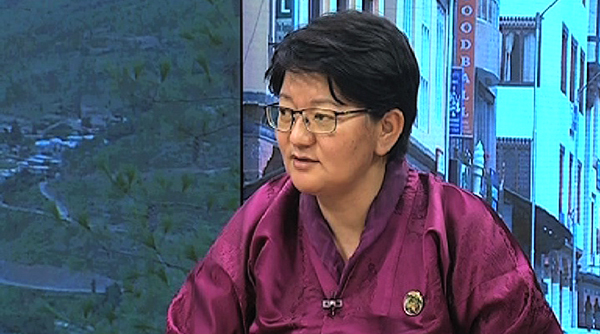 From over 900 contacts traced in connection to the 25-year-old loader in Phuentshogling, 564 have been tested resulting in 28 positive cases. With contacts of the index case traced to 12 districts and a positive case detected with no relation to the 25-year-old man, the looming threat of full-blown community transmission in the country cannot be ruled out.
From over 900 contacts traced in connection to the 25-year-old loader in Phuentshogling, 564 have been tested resulting in 28 positive cases. With contacts of the index case traced to 12 districts and a positive case detected with no relation to the 25-year-old man, the looming threat of full-blown community transmission in the country cannot be ruled out.
All those traced to 12 districts have been quarantined according to the Health Minister. As of yesterday, 4500 of the 6500 samples collected from people who travelled to Phuentshogling since 1st August have been tested.
“Epidemiologically we can take Thimphu and Phuentshogling as one unit because people are very mobile and people are well connected. We want to basically do a very rapid risk assessment of people who have come out of Phuentshogling from the 1st till the lockdown. And we have requested them to register with us and we are simultaneously testing them. That should fairly give us a good idea as to what is the extent or the nature of the epidemic,” said Health Minister Dechen Wangmo during a Live discussion on BBS, yesterday.
Lyonpo also clarified that the priority right now is to test symptomatic people first. The minister also added that classifying positive cases to ease the burden on the health workers and congestion of the isolation facility will also be looked into.
“Now, with community transmission in Phuentshogling we will not be putting asymptomatic people in the hospital, we will be putting only symptomatic and managing it. But so far, everyone is doing well. We haven’t had any complicated cases as of now.”
The health ministry projects a worst-case scenario from Phuentshogling will see a maximum of 1300 positive cases. But not all will lead to intensive care.
“The projection for ICU bed will be less than 10. So, that’s the proportion we are working at and this is the modelling done on experiences of other countries and we are trying to model that to what is relevant to Bhutan,” Lyonpo added.
Meanwhile, Lyonpo urged mothers to take their children to hospitals for regular immunisation. Despite the pandemic, all essentials health services are provided as usual.
Sherub Dorji










